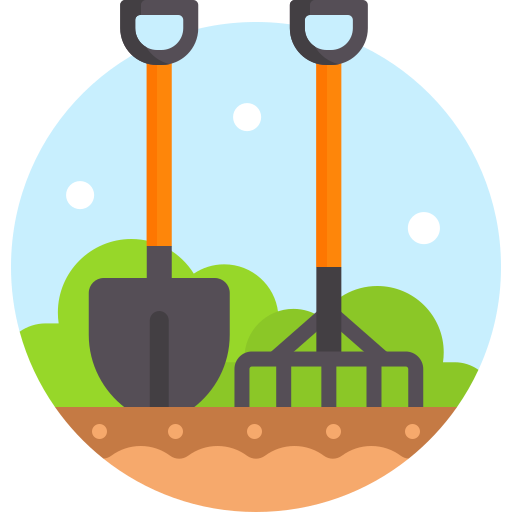I guess I thought they were more like distinct biomes but it really is just uniform chunks of temperature range. I also didn’t know that they were defined by the US Department of Agriculture, who created the first such system to help gardeners. There are similar maps for Australia, Canada, and parts of Europe, but no single global system. What’s your zone?
I prefer the Sunset Gardener Zones. They consider more factors than just temperature including rainfall, length of growing season, etc. Although I think they are only available in the western US.
Yeah I like the sound of that. My biggest thought about the USDA zones was “wow that’s a little arbitrary.” I guess temperate ranges probably correlate well to different biomes but there’s got to be more to it.
Sunset is also a trusted source for me out here in California. Have been a follower for decades. A friend of mine worked for them for a time and said their office gardens were pretty crazy, which I don’t doubt!
The USDA zones are helpful if you have plants that are sensitive to cold and can’t go below certain temperatures like certain desert plants. Otherwise I don’t find much use from them.
Yeah that seems to be their main design. Cold and frost timing seems to be the top concern, though where I am, heat extremes are also a consideration.
The other way I find these zones really useful is for planting calendars. You can look up “what should I be planting in zone 7 right now” and get an easy list. Seed timing is probably my biggest mistake early on.
That’s great to know. I actually didn’t know that before.
It really does depend on where you live. I lived in Coachella valley at one point and the heat was much more of a concern than the cold.
I’m in USDA zone 5a, and zone 5b is mere miles south of me. While it’s not a perfect system, I have been using it, along with reading from the horticultural societies at the local universities, as a guide for what plants will most likely survive the winters here.
Yeah my zoning is somewhat borderline too. I try to think of it as a high level guideline. And then for fine tuning I pay attention to what I see in other people’s yards, and try to talk locally about what works/ doesn’t. Our local buy nothing group is pretty good about donating extra starts or even extra yield.
https://en.m.wikipedia.org/wiki/Köppen_climate_classification
This is the global system.
With that, a modified version.
https://en.wikipedia.org/wiki/Trewartha_climate_classification
Ah sure enough! It’s even mentioned in the Wikipedia page I posted but I missed it. Thanks!
In addition, the Köppen climate classification system can be used as a more general guide to growing conditions when considering large areas of the Earth’s surface or attempting to make comparisons between different continents.[14] The Trewartha climate classification is often a good “real world” concept of climates and their relation to plants and their average growing conditions.[citation needed]



